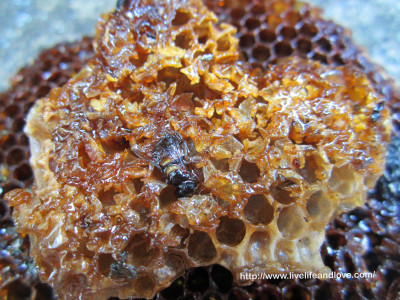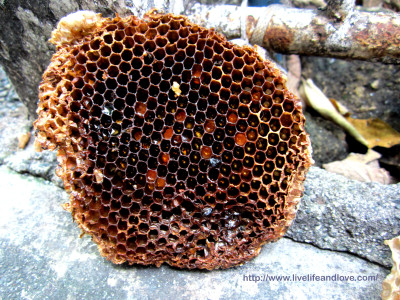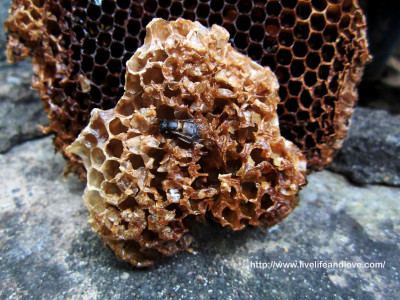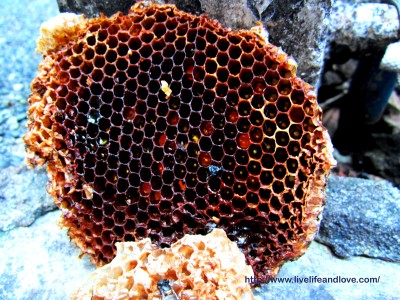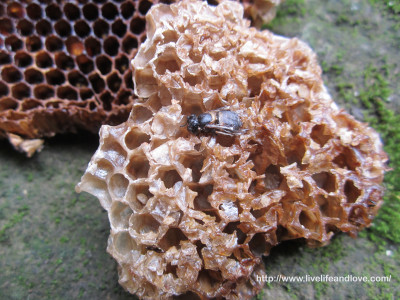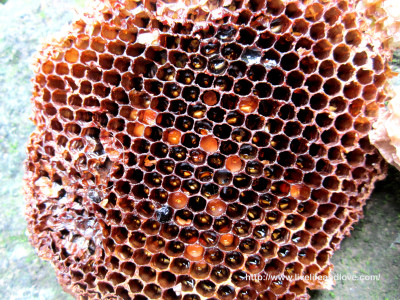I’m having a good time viewing particular scene, so busy checking and organizing old photos from summer outdoor photography. Months has been passed but still I can feel the scents of summer upon seeing it, how nice to bring back moments from before. Few photos shows broad and lovely setting that will surely change your mood, it depends upon time of the day taken. Result shows timely but to some photos, I admired. Check the results of my outdoor photography, it’s my daily collection to keep memories bright and alive all the time.
Sometimes, you don’t need to look afar, my surroundings has more to offer when it comes to my daily activities. I’m doing a good habit to find the best subject which is closer and nearest to home. Following my daily path, the bees, butterflies, birds, flowers and insects are the easiest to capture which serves as the best subject.
The refreshing image of hibiscus will give lushness of the garden. Gumamela widely spread around and it’s commonly called, ”Hibiscus Rosa Sinensis” I never miss to photograph the first flower appeared in the morning. What a cheerful sight to see all the glorious blooms!
Red Hibiscus is a Chinese single petal Gumamela it’s commonly called,”Rose of China”
Another particular scene shows the reflections of the sun far from behind the Orange Gumamela
You can see here the natural light behind the subject, the widespread of sun rays reflections that passes through straight direction, it produces and fully emphasized multi-colored lights, it seems the flowers and the honeybee absorbs the light completely.
The direct sun rays pointing to the the honeybees while pollinating the flower, it makes the color of the 2 subjects to appear clearly brighter but it’s quiet dramatic. Scene like these, is a rare snapshots!
The last one, this image will probably change your mood, it was captured late in the afternoon…

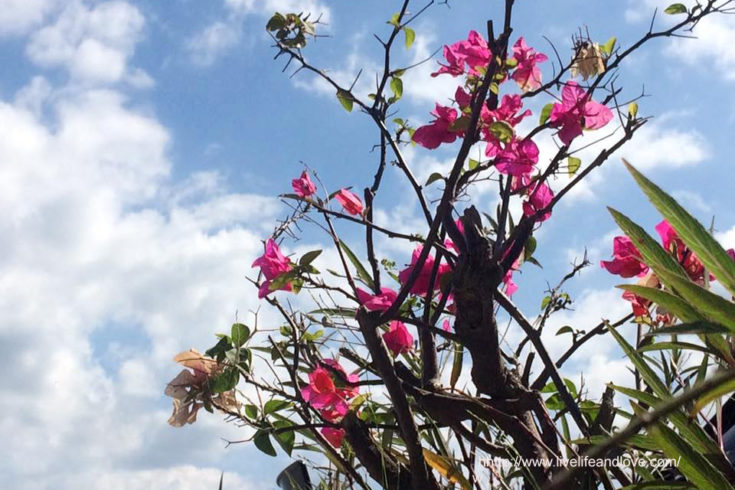
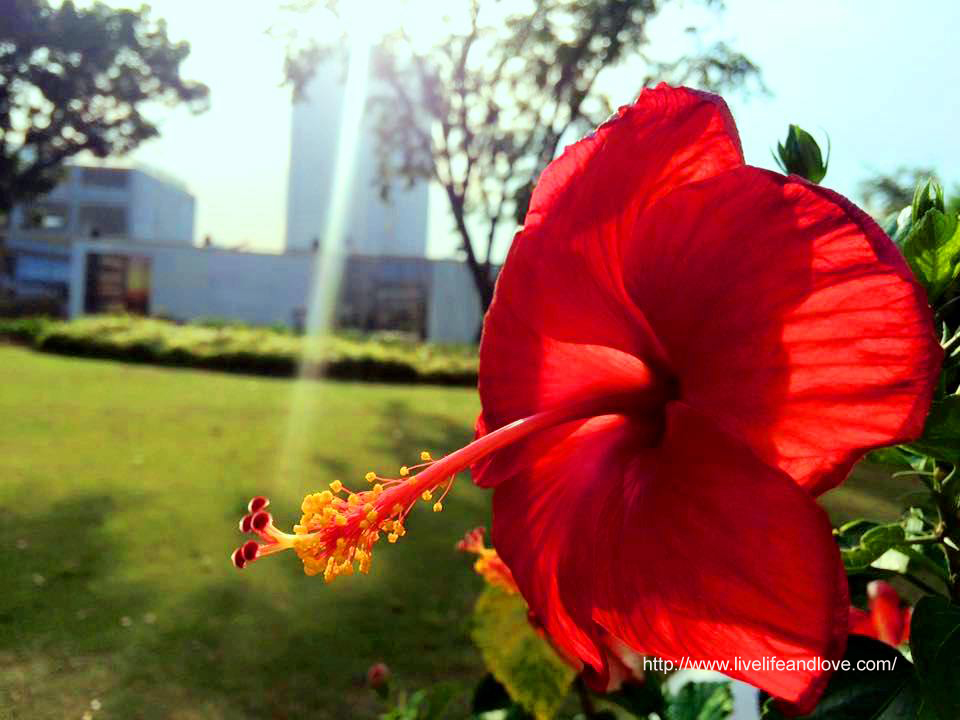

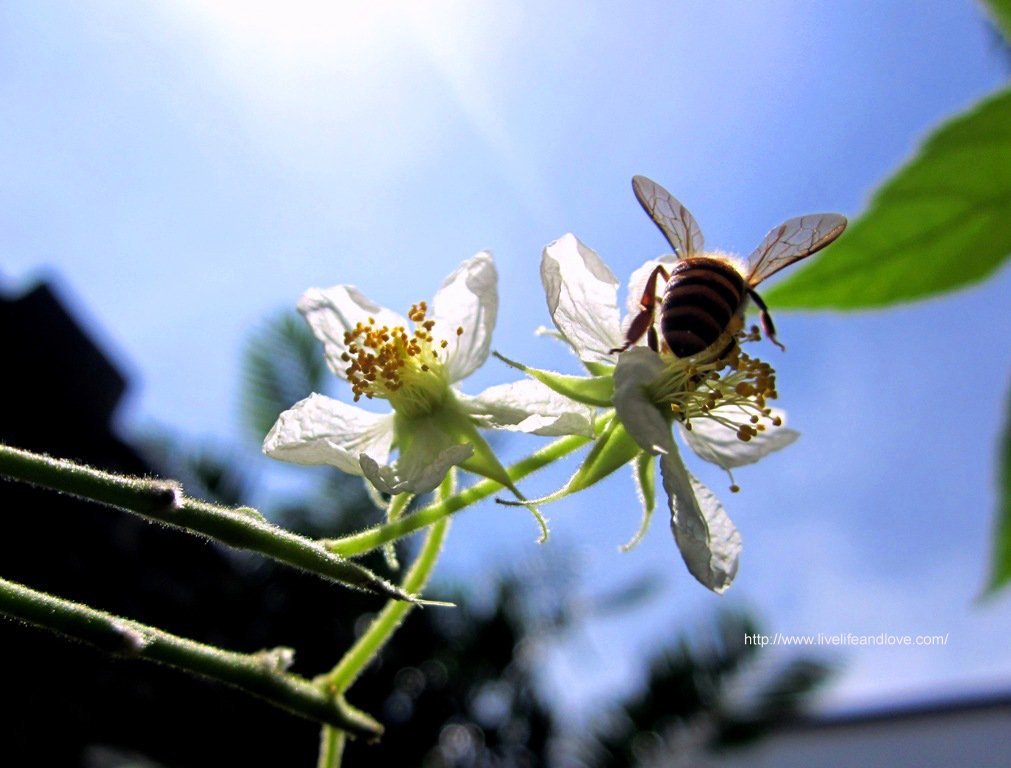
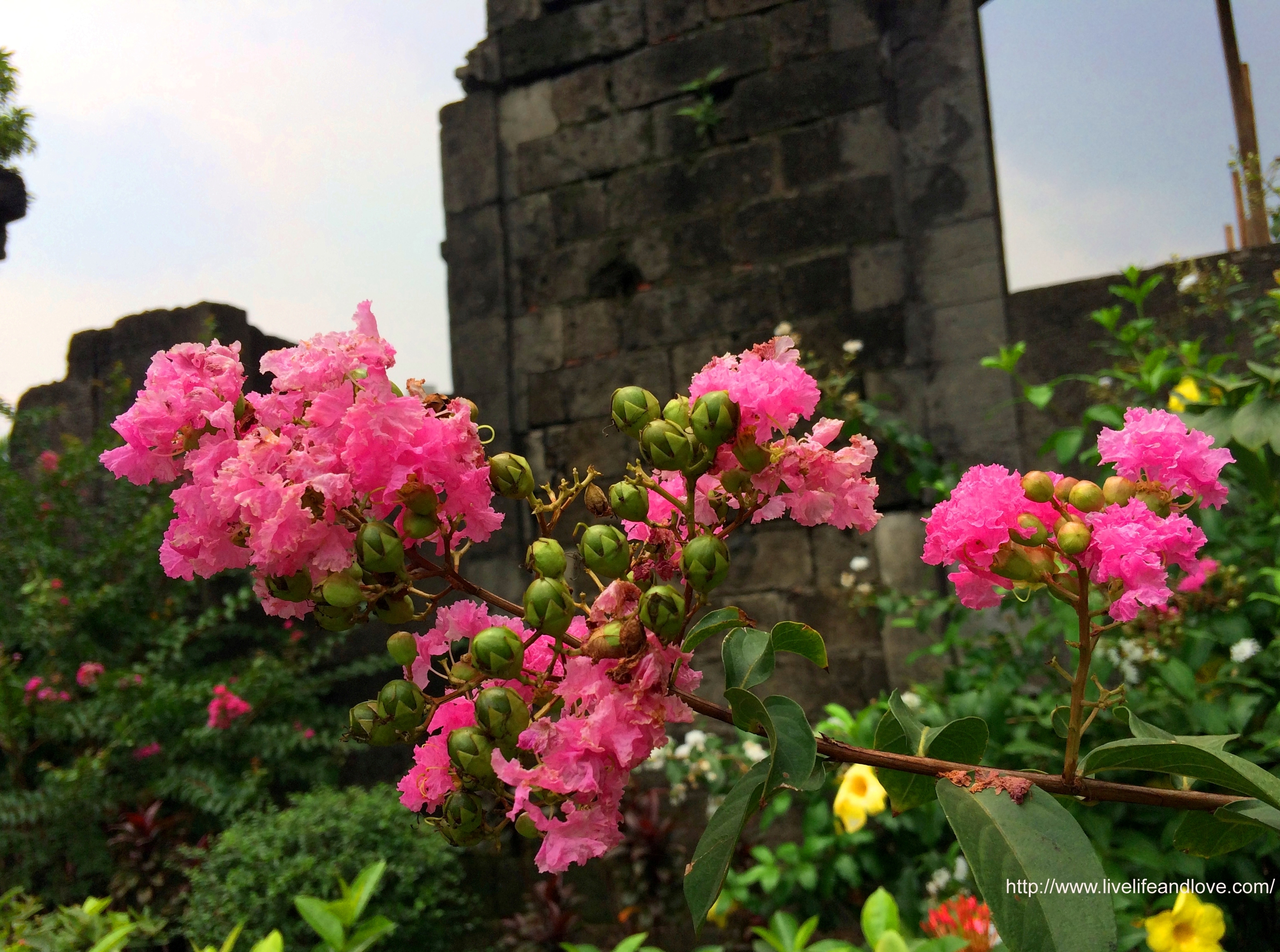
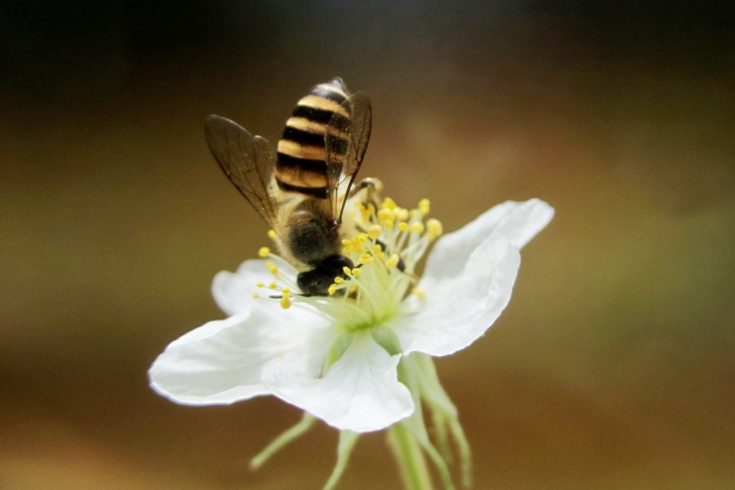

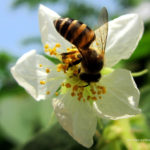
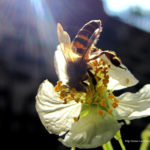
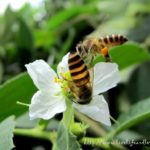
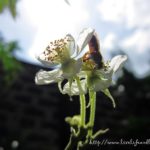
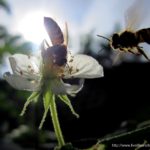
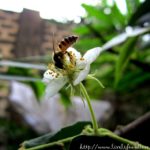

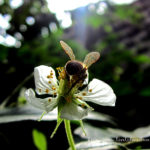
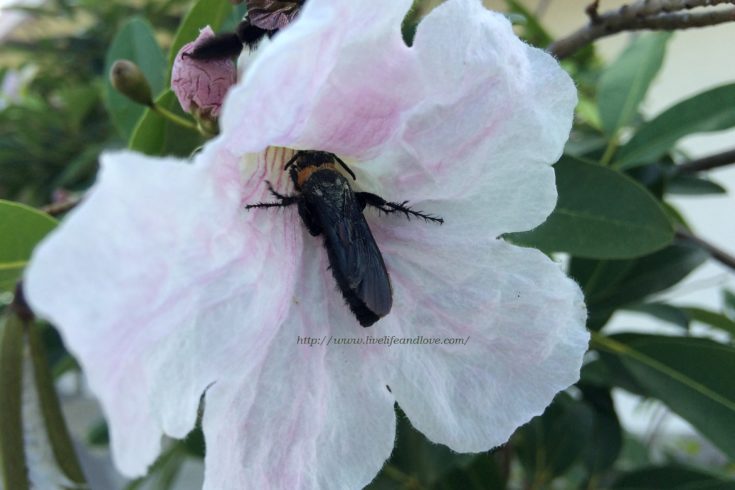
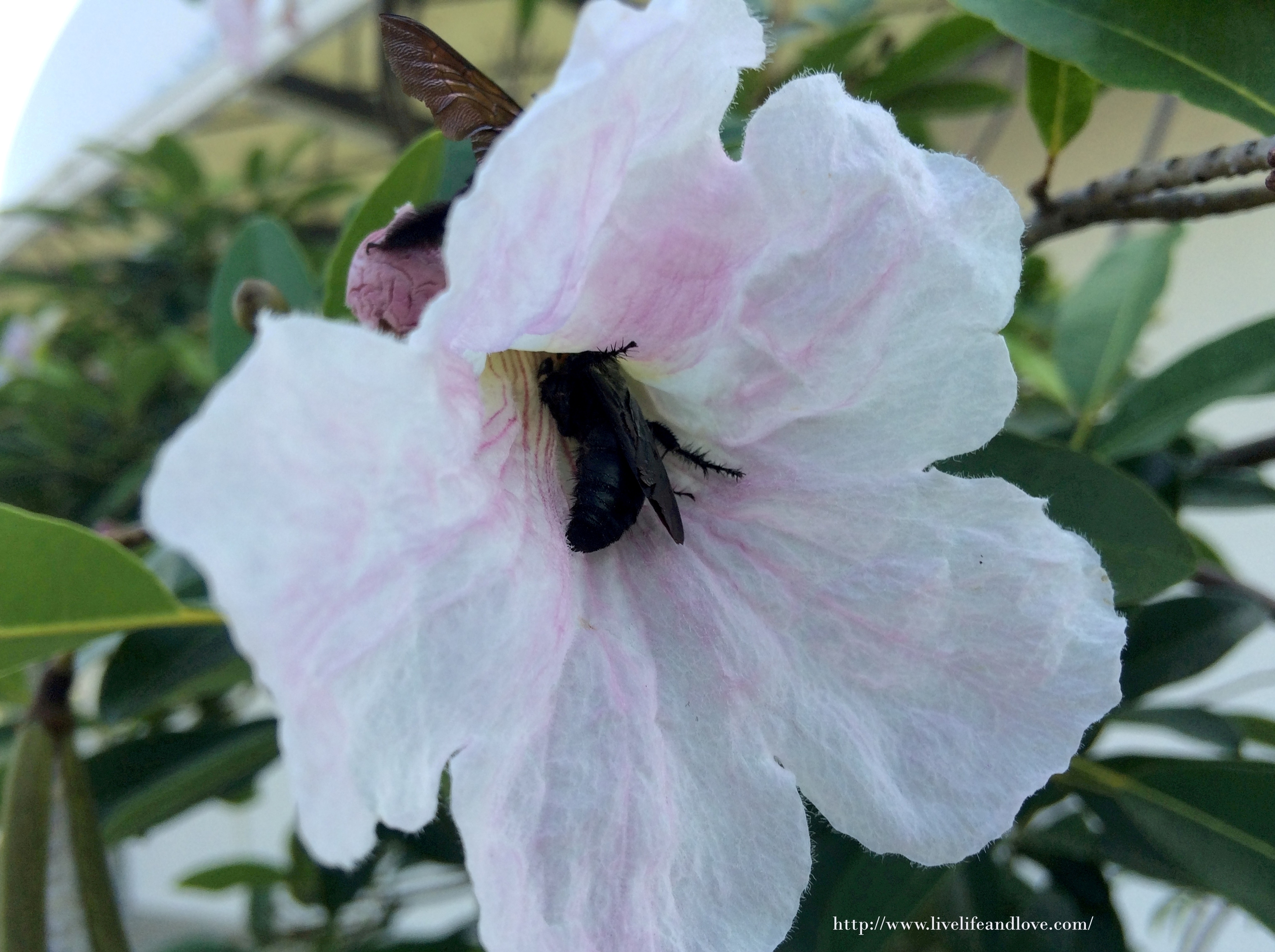
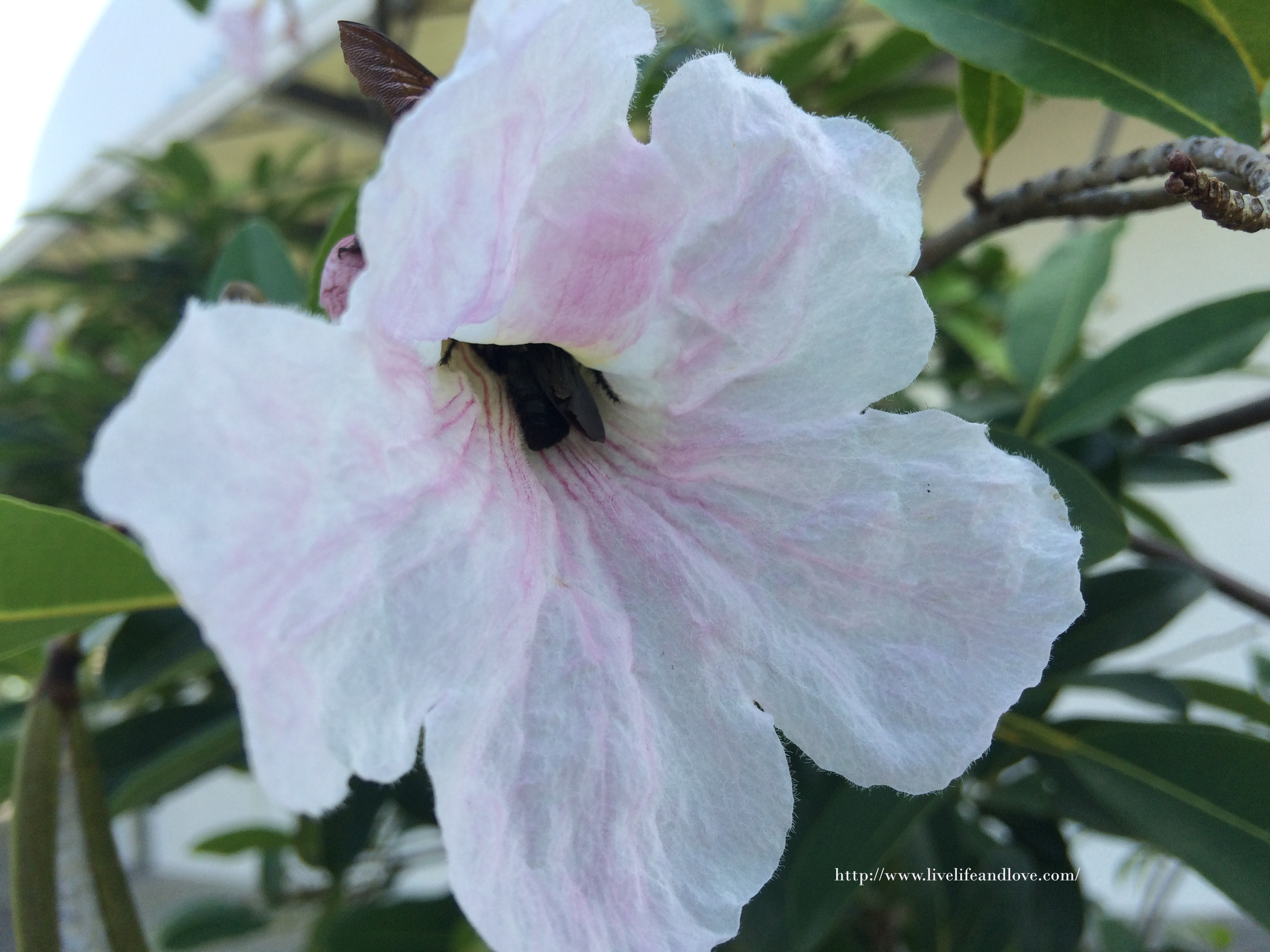
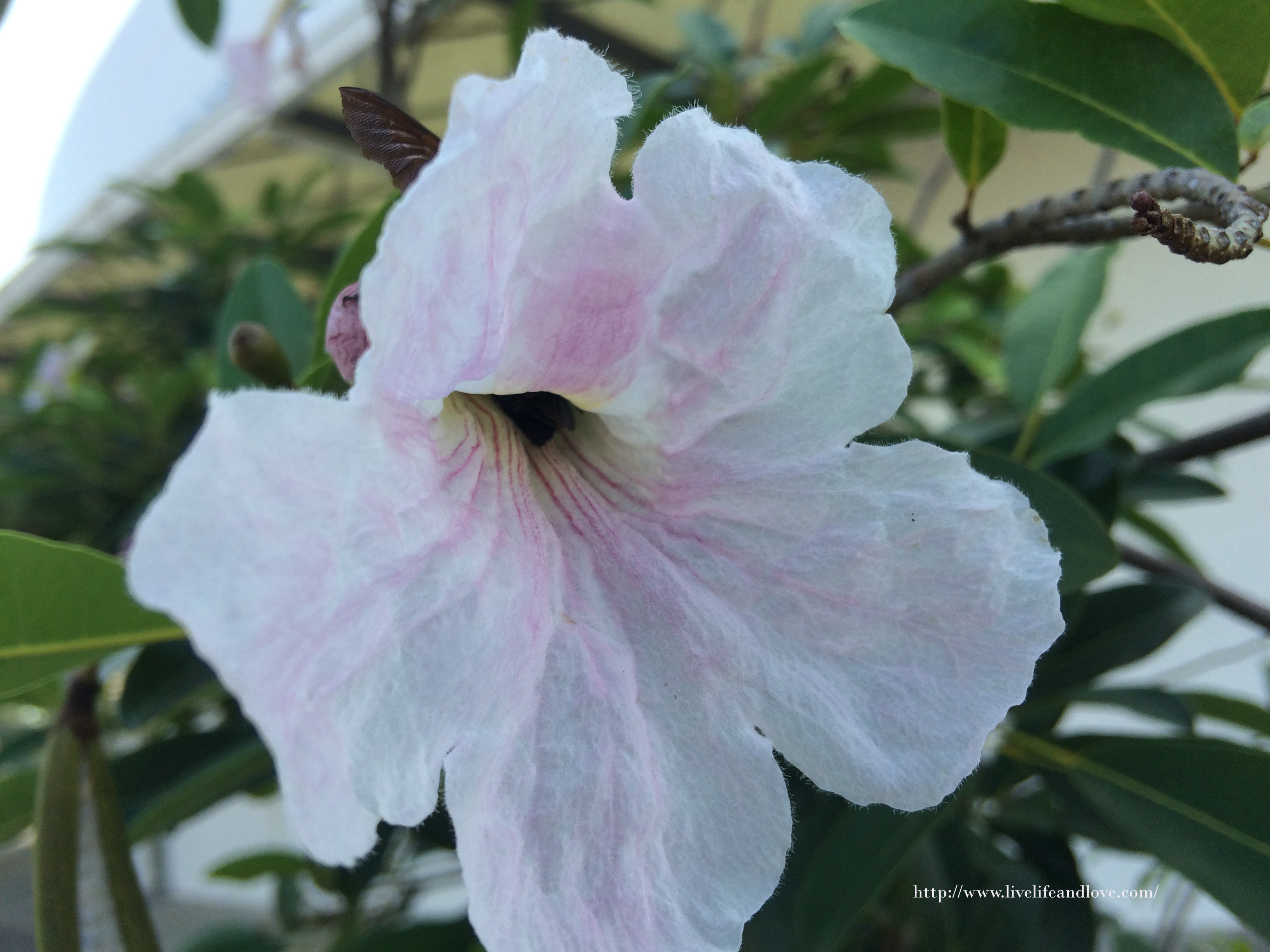
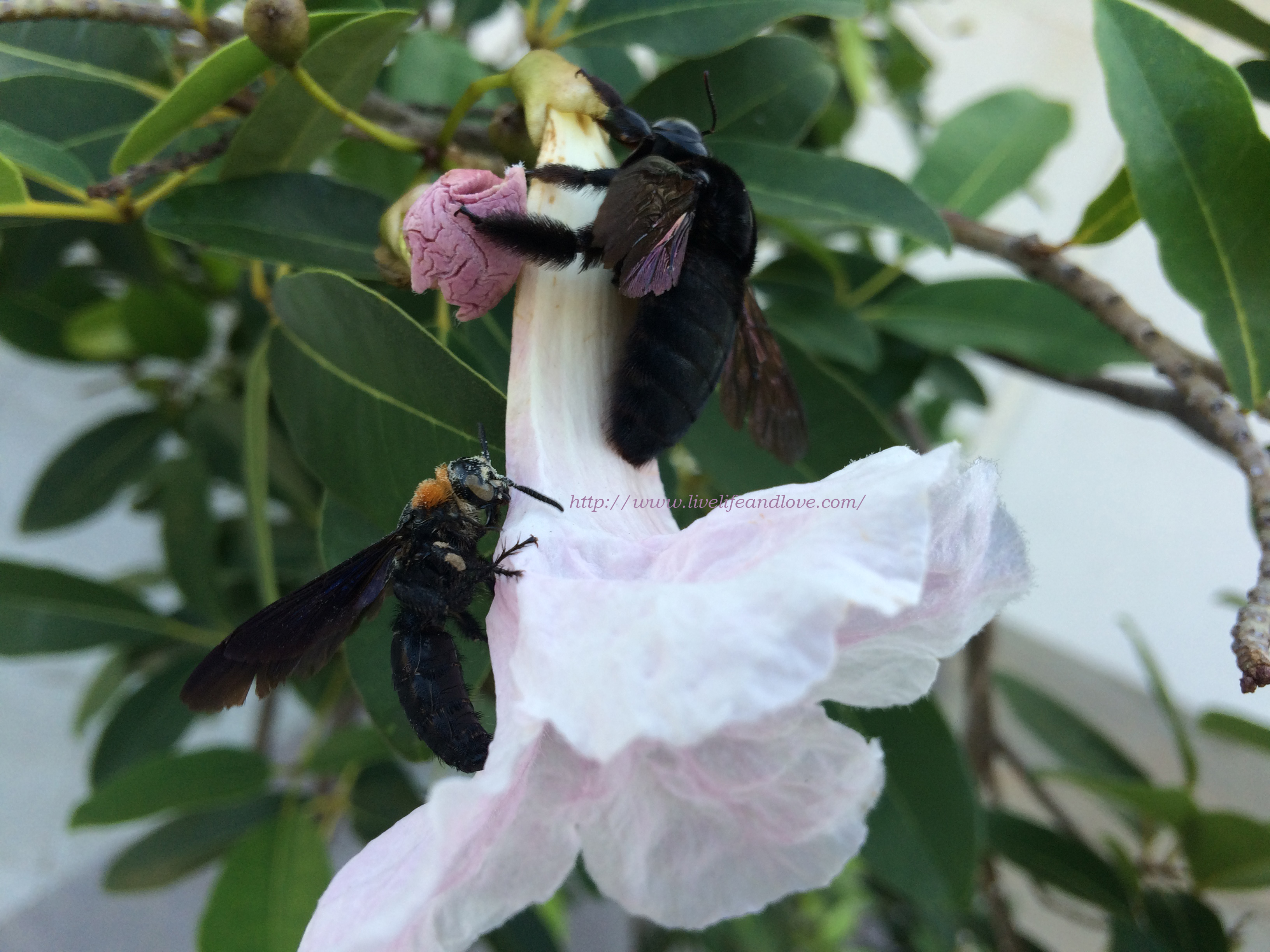
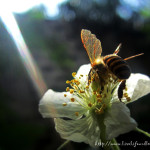 Honeybees as an agent of pollination.
Honeybees as an agent of pollination.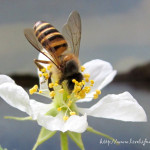 To view honeybees as my morning subject of photography.
To view honeybees as my morning subject of photography.